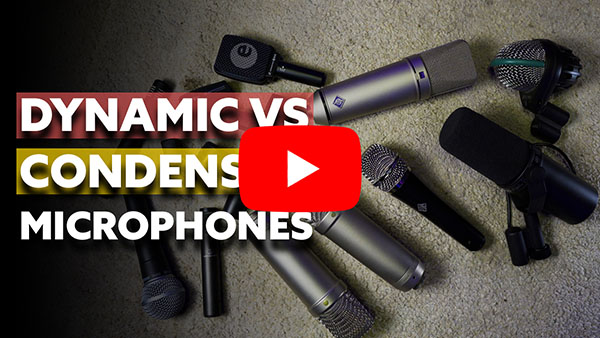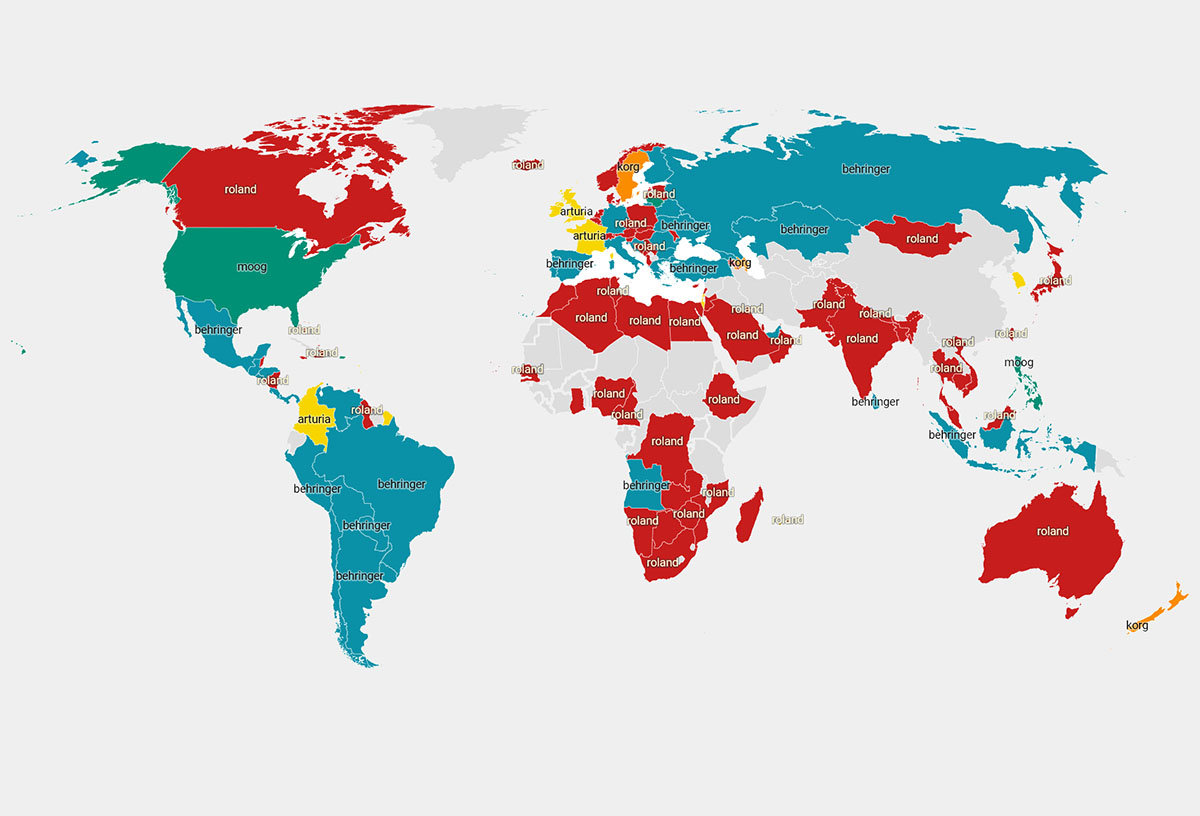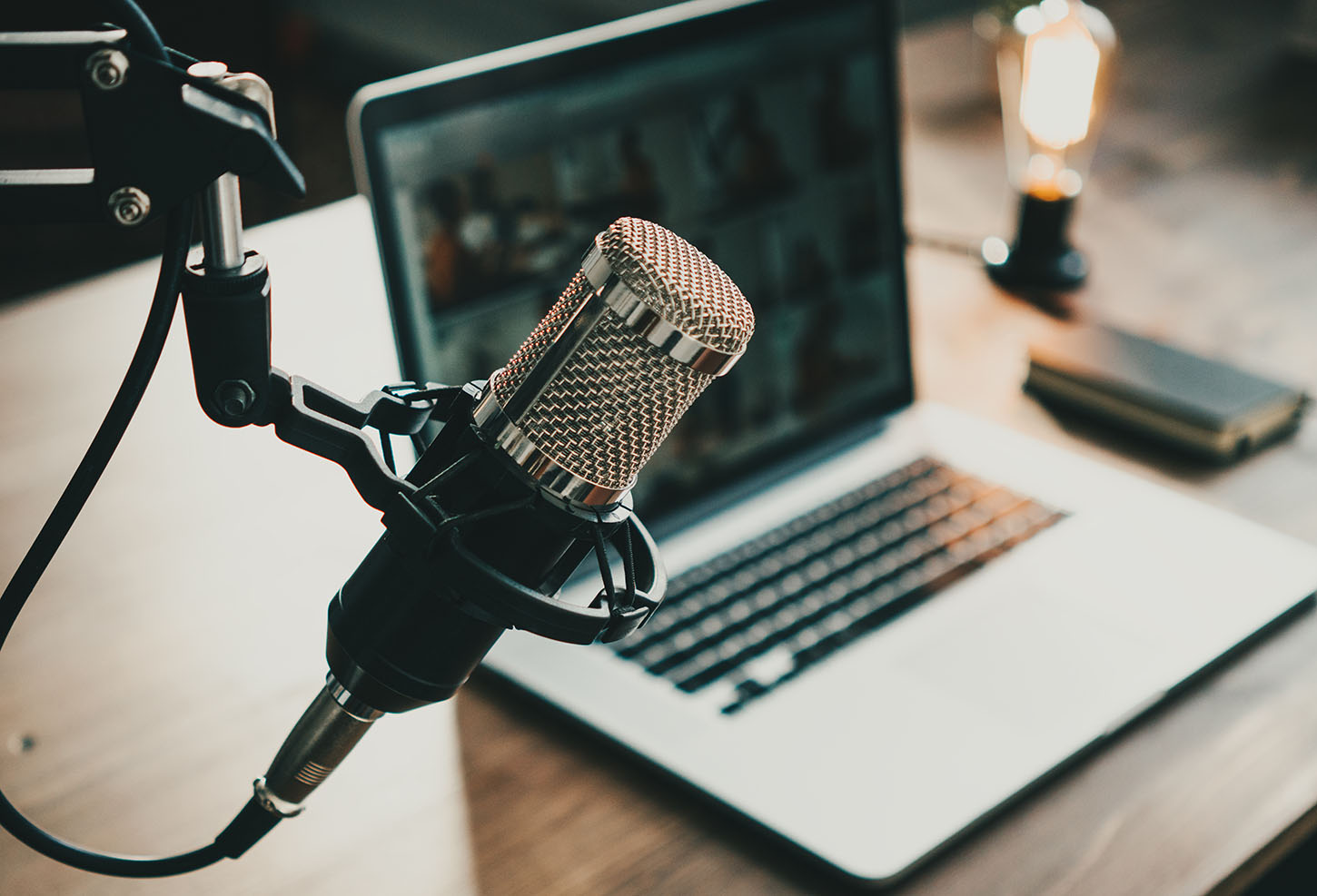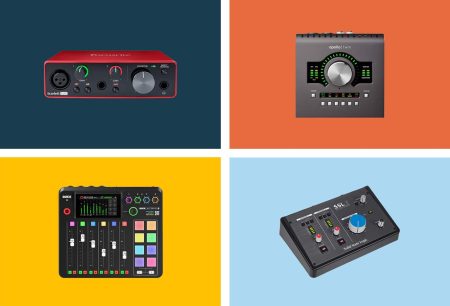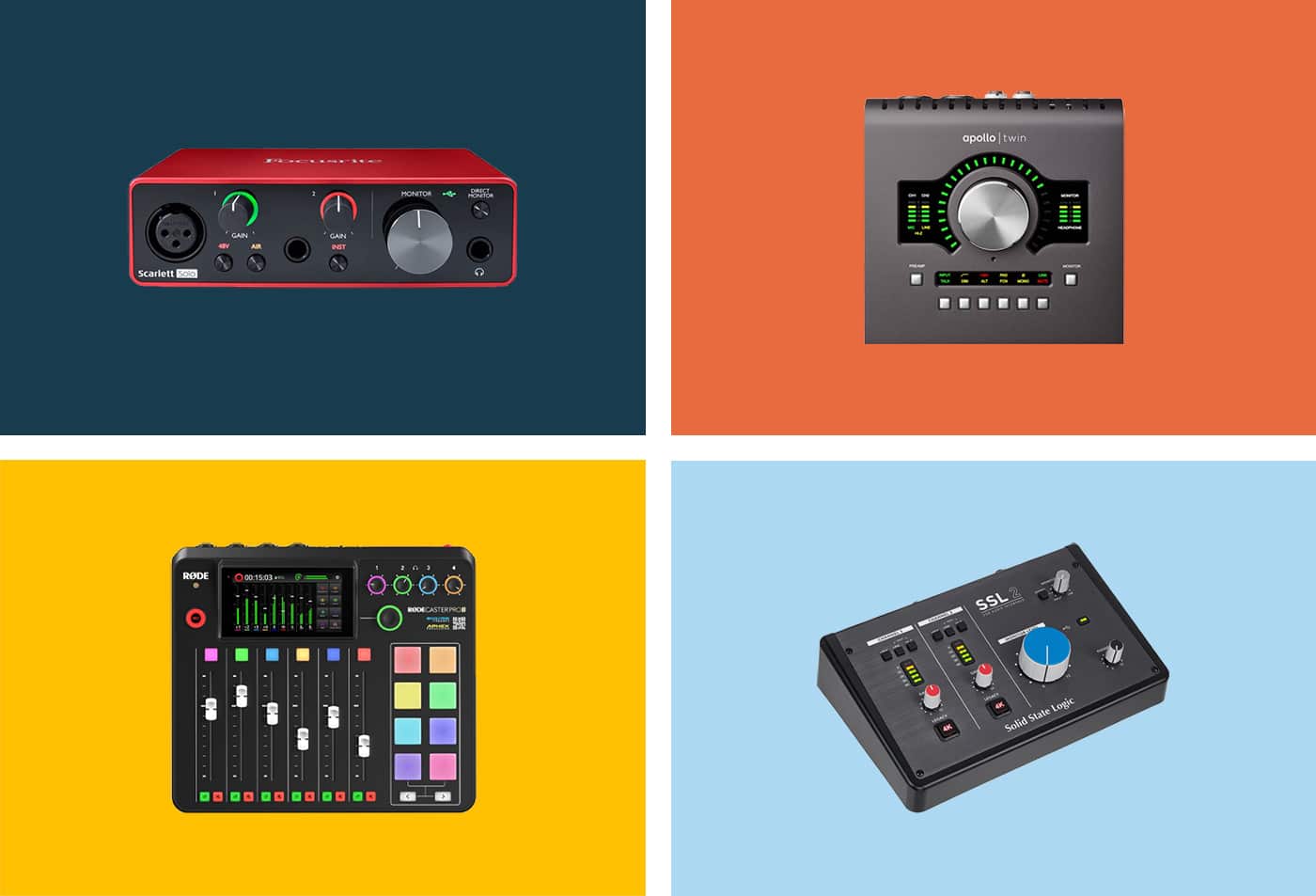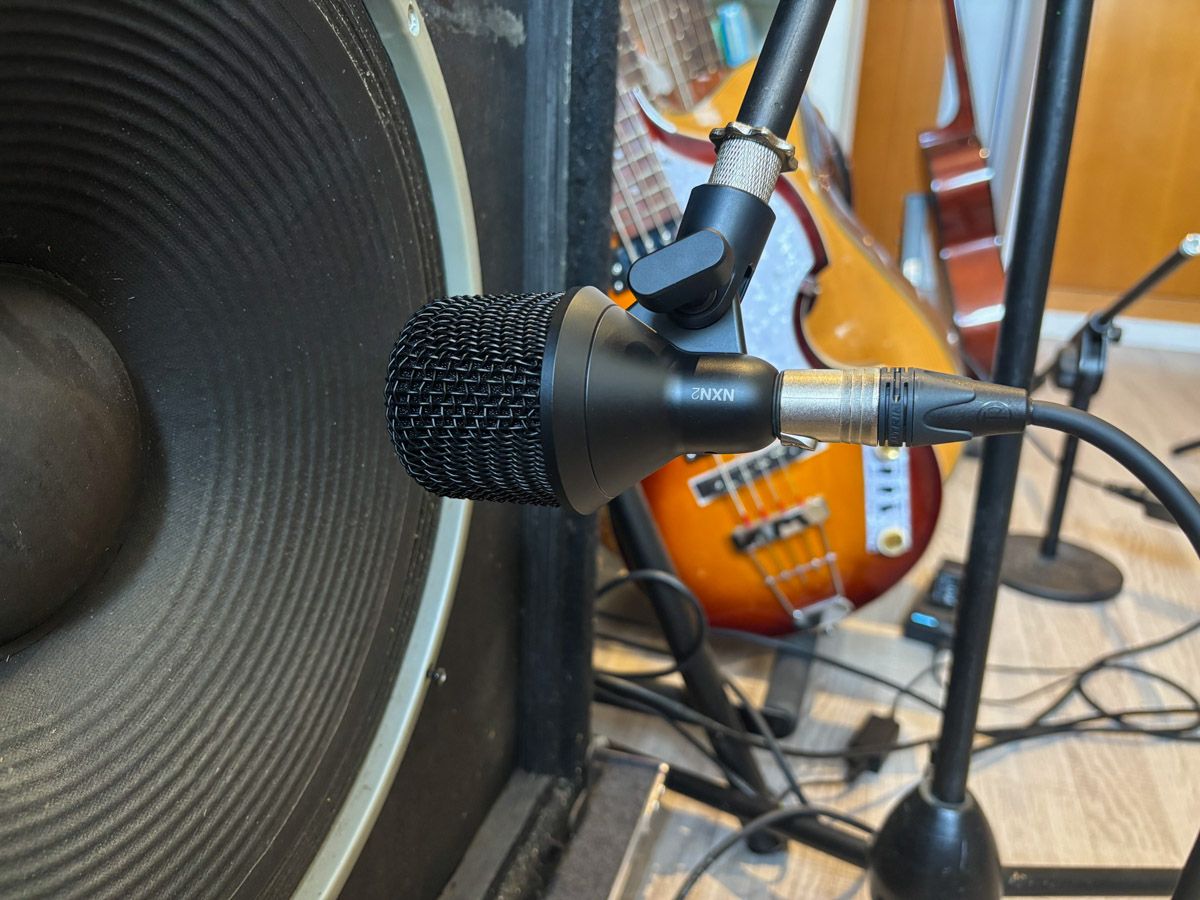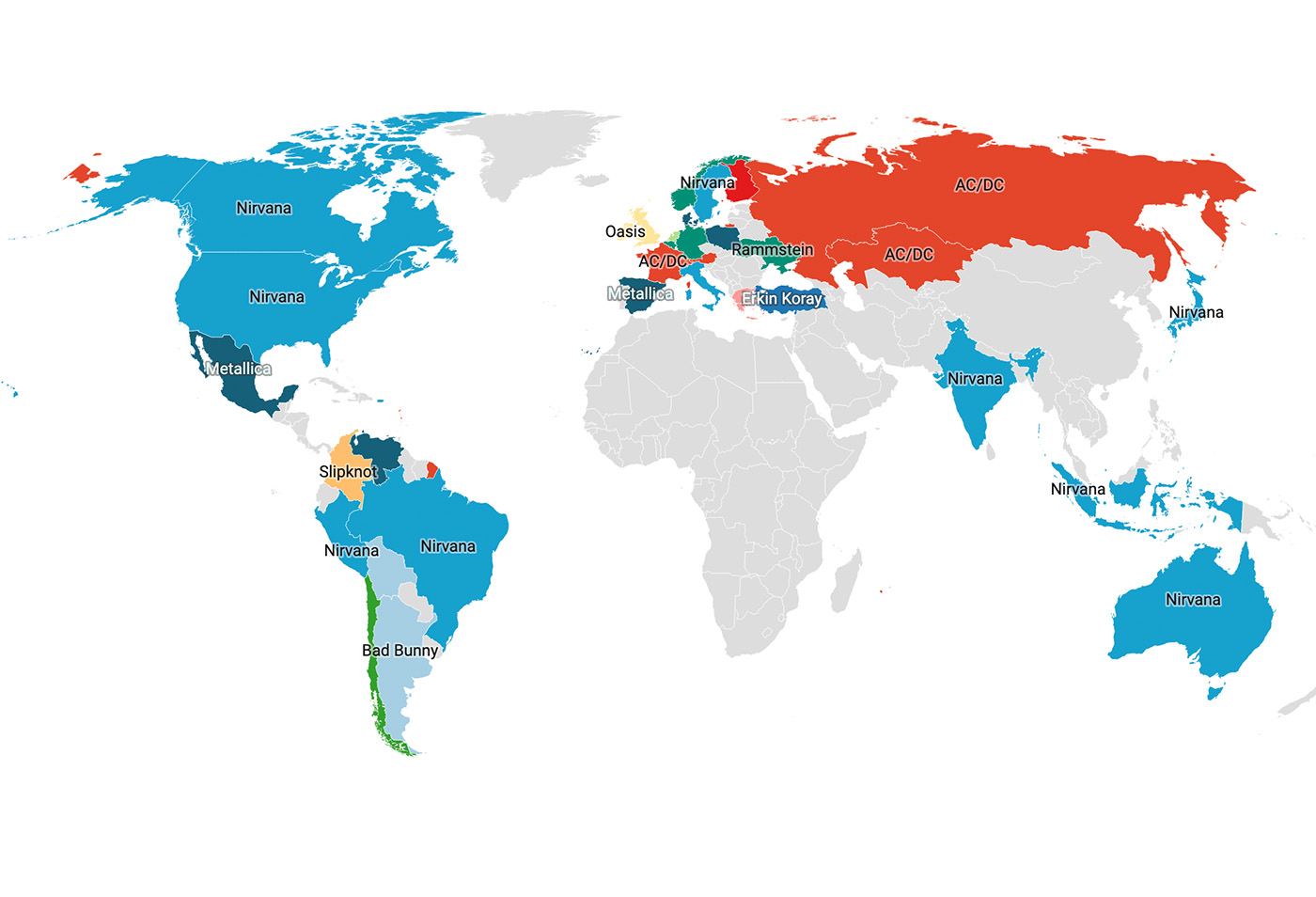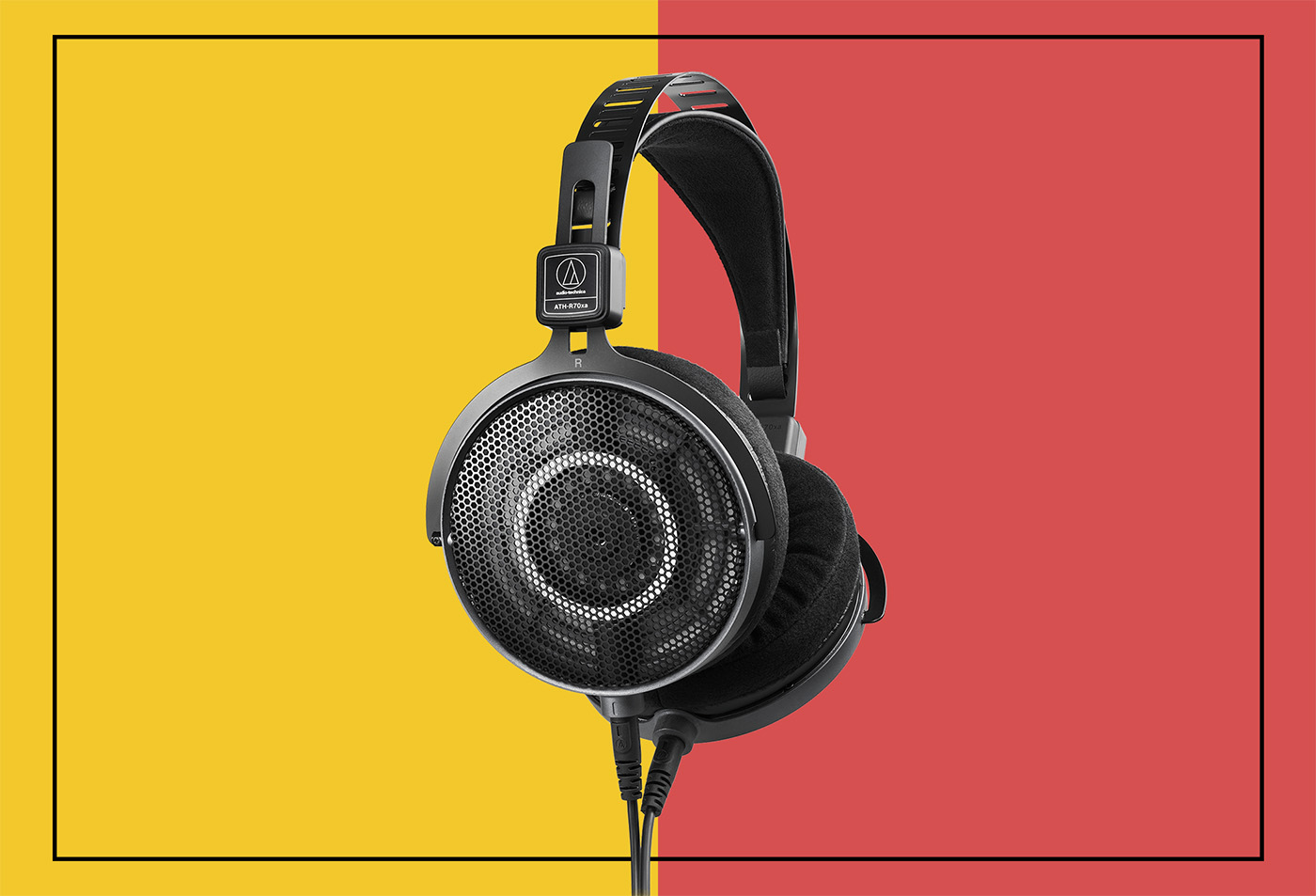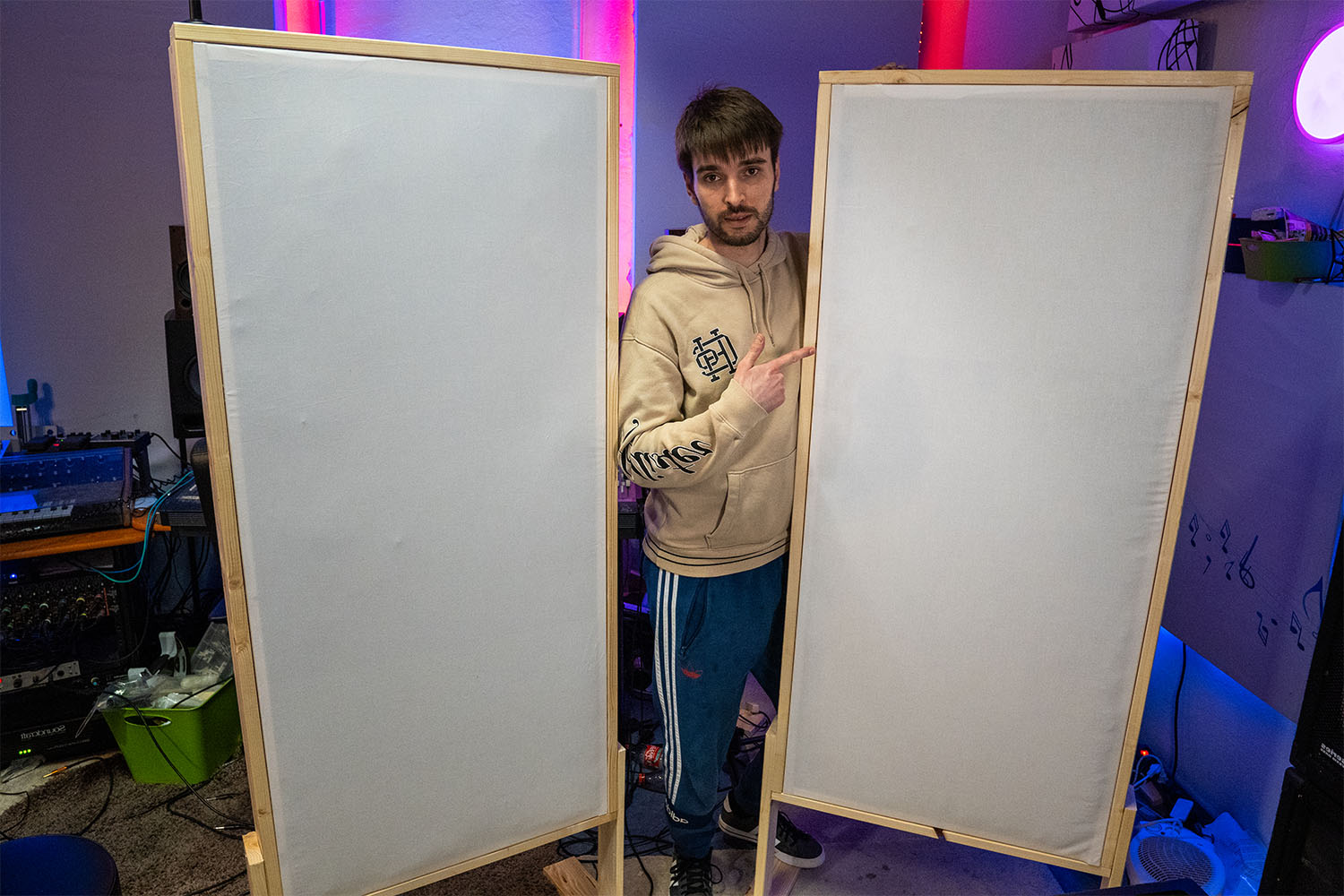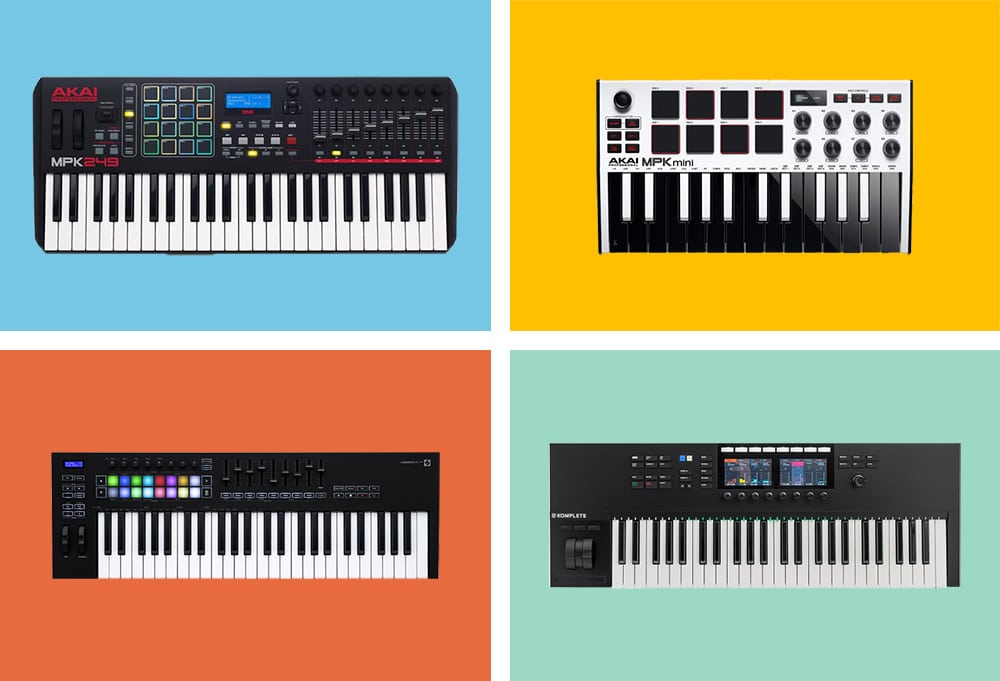After working alongside a Grammy-nominated producer, I saw each step being executed time and again to create great-sounding music.
In this blog post, I'll introduce you to these five steps and give you tips on how to make the most of them. Understanding these five steps will help you take your home studio productions to the next level.
Let’s dive in!
#1: Pre-Production
Think of pre-production as the blueprint for your entire recording. It's the roadmap you'll use to keep every part of the recording process running smoothly and efficiently.
The pre-production process is essential when working with other musicians and audio production professionals. The process will ensure your musical vision is understood and remains intact as you record your music.
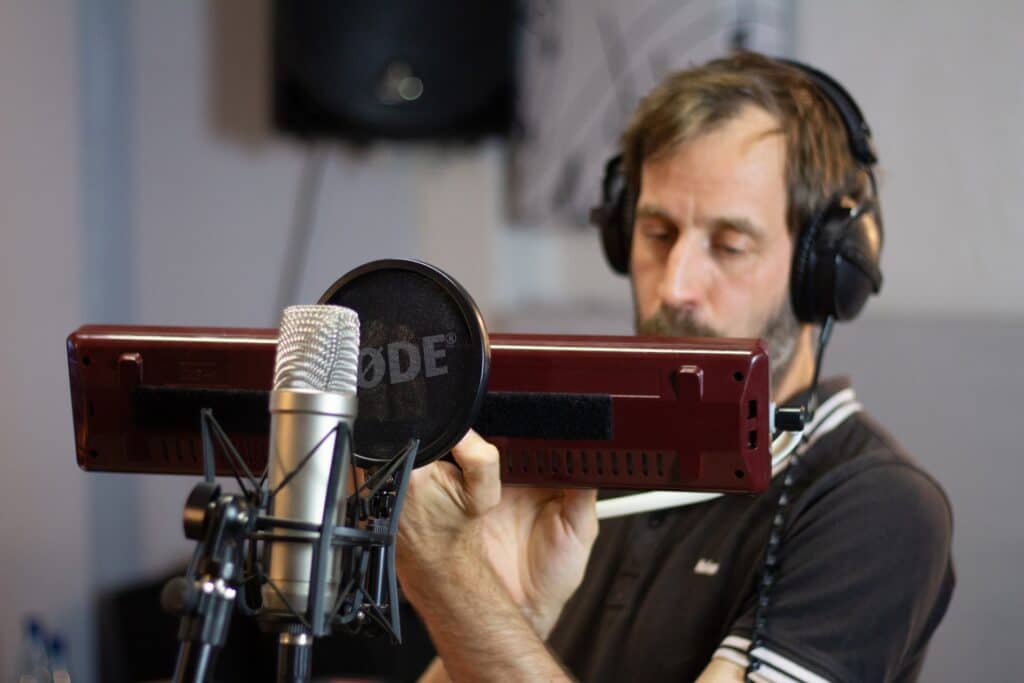
Pre-production can be as simple or complex as you want it to be. For some productions, a simple vocal scratch track and piano could suffice.
However, I would suggest trying to add more elements to give your musical vision more clarity. Other instruments to consider programming into your demo are:
- Drums
- bass
- Rhythmic Instrument
- Lead Instrument
- Top Line Singing
If you can create your design with these instruments, you will be able to convey the groove and energy of your song. This is important if you want to hire an external producer, engineer and musician for your project.
Suppose composing makes you nervous, or you aren't that well versed in Music Theory In that case, some great modern tools can help you out considerably with the pre-production process.
One of my favorites is Hookpad by HookTheory, which allows you to sketch out musical ideas without any additional software. It's a cloud-based software that allows you to simply arrange ideas and export them as audio files and sheet music.
At the end of the day, don't underestimate this crucial stage of recording. In pre-production, you set up the rest of the process for success and ensure you come out with a song that sounds like the one you heard in your head.
#2: Tracking
Most musicians recording from home may be tempted to place too much importance on the recording phase. It's easy to get bogged down with the technical aspects of your digital audio workstation (DAW) and microphone placement.
Honestly, there is only one crucial element that makes up a great recording, and that is your performance.

Don't get me wrong, there are many benefits to choosing the right gear, having the right room, and making sure you gain stage properly. Still, none of this will fix a stiff and lifeless performance.
If you can hire a professional engineer to help you with the technical aspects, it will be money well spent. However, I'm aware that most of you reading this are a one-person show with one microphone and a simple interface.
If this is the case, the #1 skill you have to master is relaxing and enjoying the process of recording. Don't worry about giving the performance of your life, and just lay down the track. Then after you lay it down, lay it down again...and again...and again, and let muscle memory set in.
These multiple takes will give you plenty to work on within the editing phase to cut together the perfect take.
Also, suppose you spent time developing a demo in the pre-production phase. In that case, it is probably a better use of your time to hire professionals to fill in the instruments you might not be proficient at.
These musicians will have different equipment than you, giving your recording more color and character.
Also, they can usually expand upon your initial idea and give you a performance that transcends and enhances your vision.
Either way, the tracking phase should be where you enjoy yourself and have fun. If you get too clinical, your recording will lose all sense of groove, and it won't connect with your listener.
#3: Editing
Editing is the secret sauce of a radio-ready recording. Still, it's also the least talked about and tedious part of the entire process.

Have you ever wondered how your favorite recordings seem to gel together, and every part is played to perfection? Then when you record, everything feels disjointed and slightly off?
The reason is because of editing.
If you're looking to have your next recording sound like a radio-ready song, then you need to start learning and mastering the art of editing.
Editing can be a rabbit hole if you aren't careful, and too much of it will suck the soul out of your song.
For starters, there are two main elements you should focus on with your editing efforts:
- Vocals
- Drums
For vocals, you should time and tune.
There are two concepts to remember when it comes to timing vocals. If you want your vocals to give your listener anxiety, nudge them before the beat. If you want your vocals to sound smooth and pleasing, nudge them on the beat or slightly behind.
For tuning, you should use Melodyne. It's the most natural and transparent tuning product on the market. And before you start complaining about "Auto-Tune", you need to understand that almost every modern production uses it.
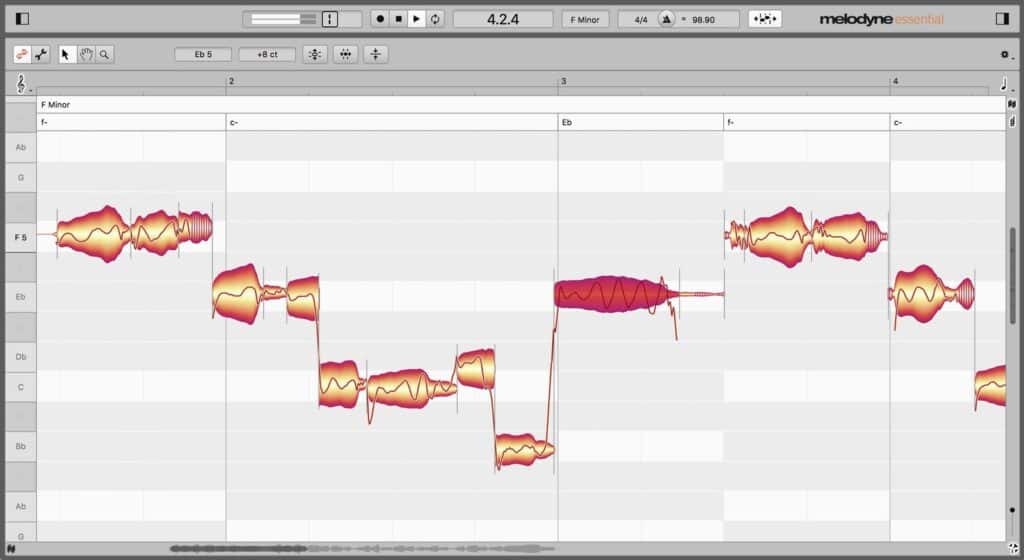
When you tune vocals, you lock in the voice into the song's other elements. If every other instrument is in tune and the vocal is slightly pitchy, it will sound "off" to the listener.
Another controversial editing technique is timing drums. The common thought is that if you edit drums to be "on the grid," you will remove the groove from your song.
However, if you know how to time drums properly, you will enhance the groove and make the drummer sound like a rockstar. It also establishes a steady and solid beat for all the other instruments to record their parts. This gives liberty for other instruments to feel more "loose" and embellish the human feel of the recording.
Editing is an important skill and crucial to the recording process. Don't overlook it on your next recording.
#4: Mixing
Nowadays, far too much emphasis is placed on the mixing . Imagine you've jumped down the rabbit hole of YouTube tutorials, educational subscription services and industry marketing hype. In this case, you might be convinced that a radio-ready song makes or dies in the mixing stage.
However, this simply isn't true.
A great mix will elevate the elements and create cohesion in your track, but it won't be the magic bullet to make your song a hit or not.
Mixing at its simplest is a balance of three things:
- Volume
- Frequency
- Dynamics
You could create this balance with three tools:
- Volume Fader
- Equalizer (EQ)
- Compressor
Now, this is a simplistic explanation of a critical recording process, and there are lots of artistic decisions that can happen in the mix phase to bring a song to life.
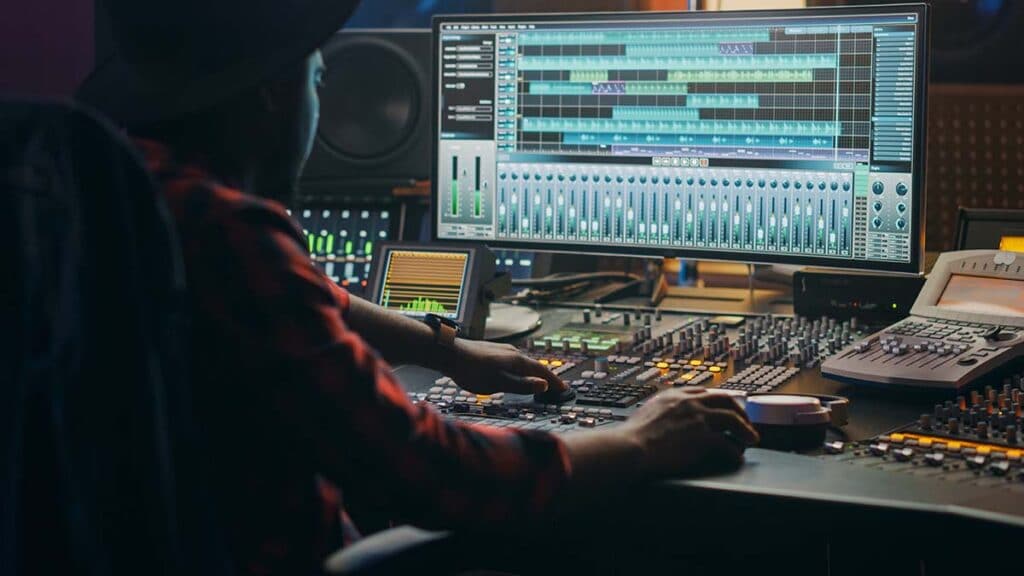
However, if you did the previous steps correctly, you should have a song that essentially "mixes itself."
Each decision is now an enhancement of what you've done instead of surgery to help save the track.
Mixing does take a trained ear to get right, and it's easy to destroy your track in this phase if you don't know how to use the tools. So often, in this stage, it's best to try and hire someone to help you get your track balanced.
#5: Mastering
The final step to make your recording radio-ready is mastering.
Mastering is also a very misunderstood recording process. It is often thought of as a magic bullet to make a recording sound excellent and professional.
Well, mastering isn't that complicated. Mastering is the final polish of your recording; that's it.
Now don't get me wrong, a professional mastering engineer is a highly-trained artist and hears music in ways that most of us never will.
But their job is to carry a music production that is already 90% done to the finish line. They ensure that every element is perfectly balanced and that your song will connect with the listener no matter what sound system they are listening to your music on.
The great news about mastering is that tons of software products on the market can help you with this stage of recording.
If you have a little budget to spare, you could buy Izotope's Ozone, which comes with an AI feature that will master a track for you.
Also, there are great options like our own mastering service, which will master tracks for you for a small fee.
Conclusion
If you follow these 5 crucial steps to the recording process, you will get excellent sounding tracks each time.
However, recording your music is only the first step.
Once you have a track ready for airplay, you'll need to promote it to radio stations and get those all-important spins. We're here to help with that too.
We've created another resource that will help you show you how to promote your songs successfully.
Check it out here today!

